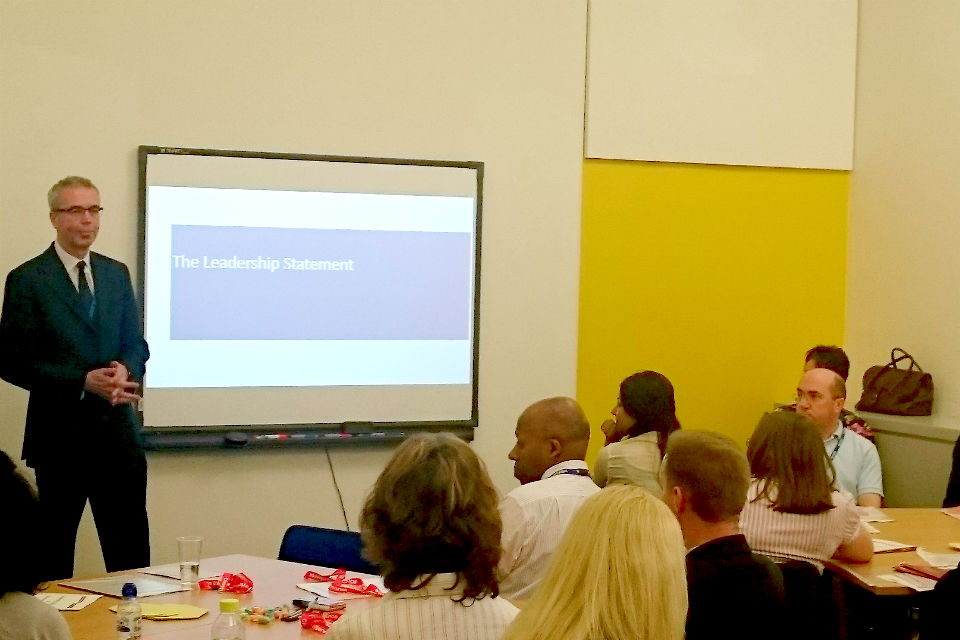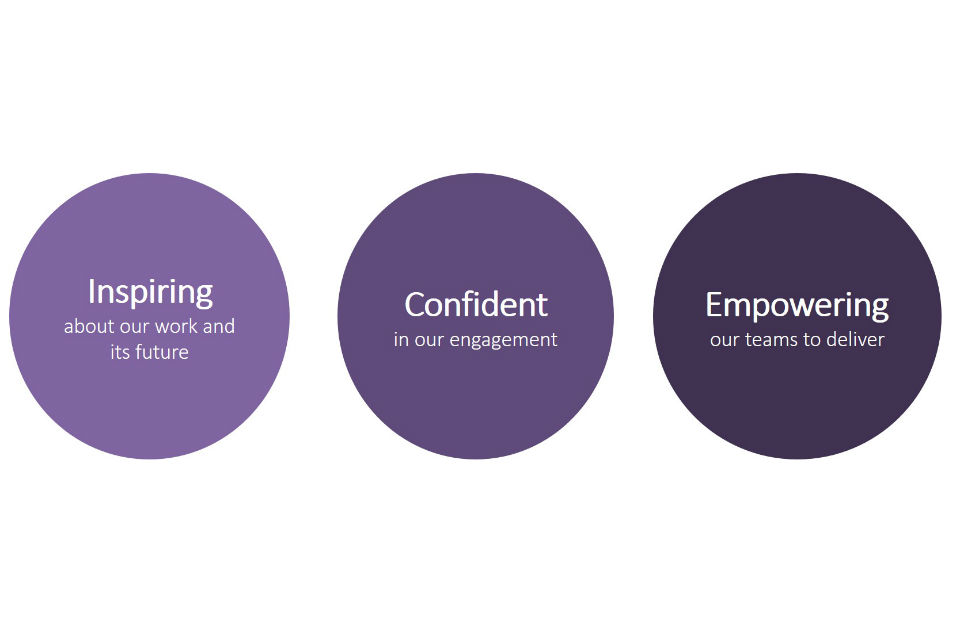
I joined the Civil Service about a thousand years ago when the Department for the Environment occupied the brutalist ‘toast rack’ blocks on Marsham Street now replaced by the Home Office with its atriums and open plan office space.
The great thing about the ‘toast rack’ was that you knew where you were: A Grade 7 had an office with three windows (some of them yellow with cigarette smoke), a Deputy Director had five windows and I believe a Director had five windows plus an outer office (as well as a different style of coat rack and different carpets). Not that I saw a Director’s office – in my first year as a fast streamer I never met a Director. I don’t think I was ever told the name of my Permanent Secretary. Indeed I’m not sure I knew there was such a thing as a Permanent Secretary, let alone Ministers or Secretaries of State. We would bemoan our lot. ‘Management’ we would say, ‘it’s not rocket science’. ‘Lions’ we would say, ‘we are lions led by donkeys’.
Today’s Civil Service in very different from my early experience. Some criticise it as hierarchical, but we know that we will not get the best from our organisations through top down command and control. We know that as well as getting our processes and systems right, we have to work in a way that generates an emotional response and commitment from the teams we work with.
As my creaking body gets older, my mind is increasingly filled with the importance of getting our leadership right. My leadership journey through central and local government, working in private office and Europe, working on policy jobs and now leading the HS2 programme has taught me some things that are reflected in the new Civil Service Leadership Statement.
Inspire
The Civil Service can only be really great if we believe in what we do and are motivated by our mission. Our task as public servants is to do the best possible job for the Government and our fellow citizens. That means inspiring our teams with a sense of passion and purpose, valuing our professionalism and expertise and rewarding innovation and change. It is easy to get excited about a great project like HS2. But we will only do that on budget and on time if we run the programme in an exemplary professional way and that is only possible if my teams are inspired to be the best they can be.

Confidence
As I say to my team ‘you are working in a Department of State in the sixth biggest economy in the world at the height of social, political, cultural and economic development – ever!’. Why would we not be confident about what we are doing? We can be open, straightforward and transparent in all we do because we know we are doing the best possible job. We can always do better – but we are tackling big and really difficult issues and my team is brilliant.
Empowering
We have to make the most of everyone who works in the team. A busy civil servant is a happy civil servant. We need to make sure that everyone’s time is well used, that jobs are demanding and our teams are stretched. That is how people learn and grow in their jobs. It is how work becomes a fulfilling vocation rather than a stifling routine. We need to treat everyone as individuals, we need to value their contribution and we need to be clear about the standards and outputs we need in order to deliver on our commitments. Empowerment is a two way street - managers have to give responsibility. Teams have to accept it. You have to be absolutely clear about the terms of the deal.

On HS2 our lives are dominated by a demanding schedule of meetings, assurance processes and decision-making. But our project-based approach means that everyone knows what they are doing. Daily huddles mean everyone knows everyone else and is up to speed on what is happening across the programme. Our weekly team meetings build knowledge across the programme and away days help us build our teams and our coherence as a Group. My aspiration is for everyone working on HS2 to have a fantastic experience and I know that is how we will deliver our programme on time and on budget for the good of the nation.
